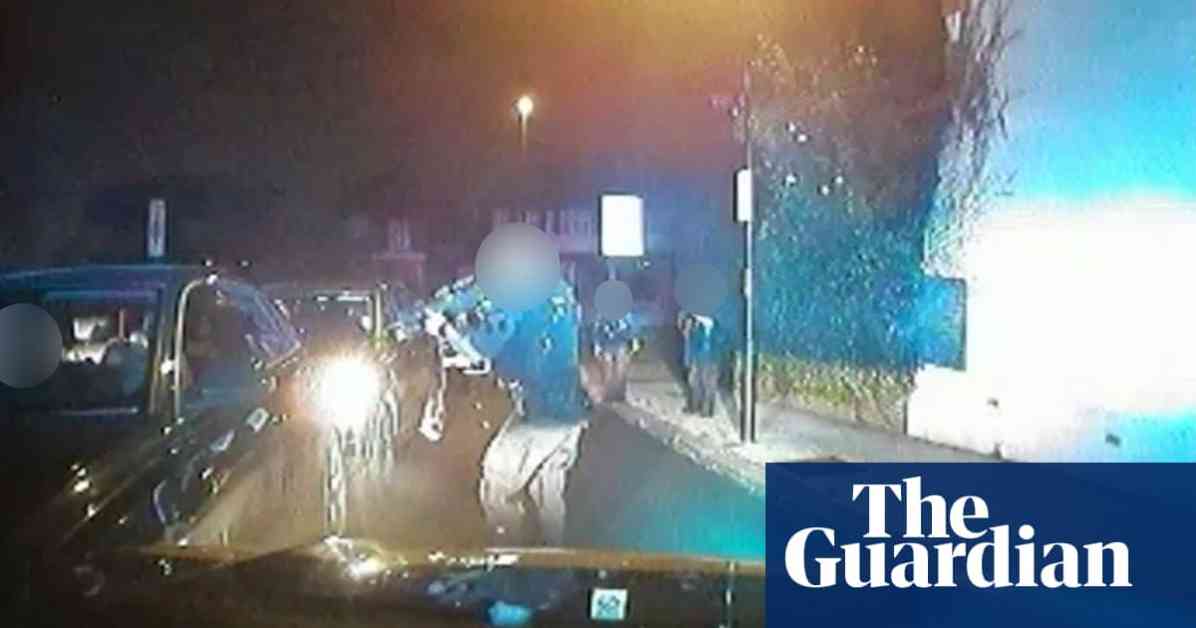Police chiefs in the UK have recently requested the government to make it more difficult to investigate and prosecute police officers following the acquittal of a Scotland Yard sergeant in the fatal shooting of Chris Kaba. This move has been met with criticism from campaigners who believe it is an attempt by police leaders to grant their officers “effective immunity.”
The National Police Chiefs’ Council has called for changes that would make it harder to find officers guilty of unlawful killing at inquests and also allow the accused to remain anonymous until conviction if charged with an offense committed while on duty. This would extend to all use of force while on duty, not just in cases of shootings.
The Metropolitan police have also joined in these calls for change, specifically requesting anonymity for firearms officers as a minimum requirement. The recent case involving Sgt Martyn Blake, who shot and killed Chris Kaba, has highlighted the need for greater protection for officers facing criminal charges resulting from their duties.
Some of the proposed changes include making it more difficult for the Crown Prosecution Service to charge officers, requiring a higher standard of proof for a verdict of unlawful killing, and changing the standard for disproving a claim of self-defense in misconduct inquiries. These demands have been condemned by groups advocating for state accountability after deaths, with concerns that they could erode public confidence in the police.
While the government faces the challenge of ensuring officers have confidence in using their powers, it also needs to reassure communities that police are not above the law. The requests made by the Metropolitan police commissioner aim to reduce the likelihood of officers facing disciplinary or criminal sanctions over allegations stemming from their exercise of police powers while on duty.
The Commissioner has expressed concerns about the impact of investigations on officer morale and the willingness of officers to carry out certain duties. The fear of investigation and the time it takes to complete these processes have led to decreased stop and search activities and a reluctance among officers to carry Tasers.
Despite these concerns, there is also a recognition that officers involved in serious crimes, such as the kidnapping and murder of Sarah Everard by a Met officer, should not be granted the same protections. The balance between accountability and protecting officers’ rights is a delicate one that the government will need to navigate carefully.
The recent case involving the shooting of Chris Kaba by a firearms officer has reignited discussions around police accountability and the use of force. The officer involved claimed he feared for the safety of his colleagues when he shot Kaba, who was later revealed to have a criminal past.
Overall, the calls for changes to the way police officers are held accountable highlight the complexities of balancing the need for law enforcement to carry out their duties effectively with the imperative to ensure they are accountable for their actions. The government’s response to these demands will be closely watched as it seeks to address concerns from both the police force and the public.












